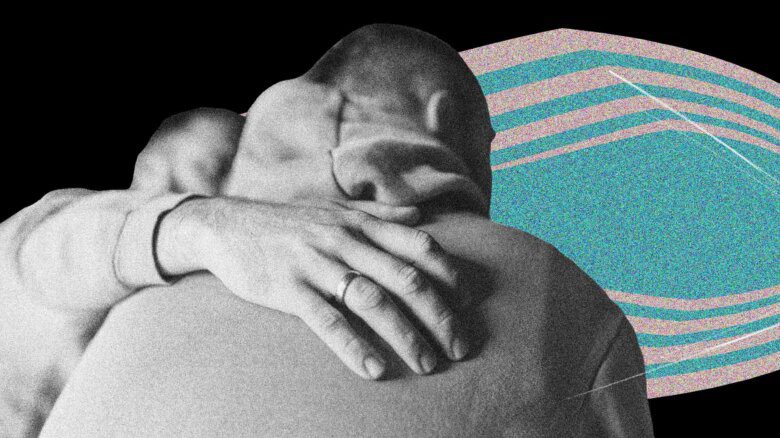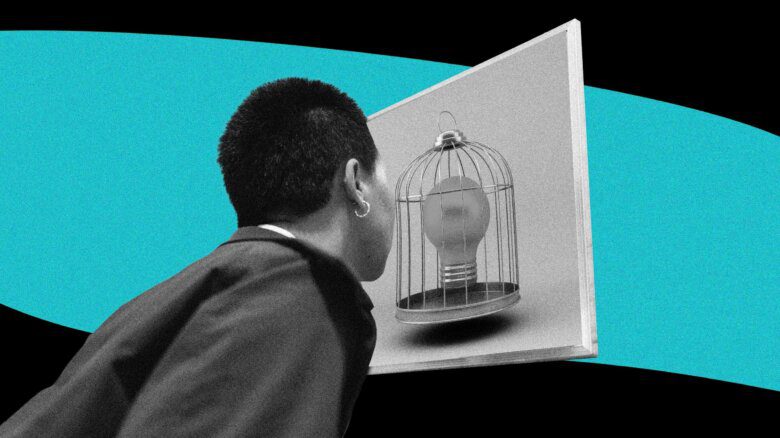LGBTQ2S+ Asian American and Pacific Islander youth are at a significantly higher risk for suicidality and other mental health challenges compared to their heterosexual and cisgender peers, according to a new report from The Trevor Project released this week. Researchers say the findings indicate a need for investments in culturally competent mental healthcare and resources for queer and trans AAPI youth in the U.S.
Based on The Trevor Project’s 2021 National Survey on LGBTQ Youth Mental Health across ethnic groups, the report draws on data from nearly 3,600 AAPI LGBTQ youth ages 13 to 24—and paints a sobering picture of a national mental health crisis.
Of the respondents, 40 percent of AAPI LGBTQ2S+ youth reported having seriously considered suicide within the past year, and 16 percent reported that they had actually attempted to take their own life within the past year. These figures rose significantly when it came to trans and nonbinary youth, half of whom had seriously considered suicide, and over 20 percent of whom had attempted.
“These findings shine a light on the unique mental health outcomes and suicide risk of AAPI LGBTQ youth—a demographic that has largely been overlooked by the research world.”
The report also found that queer AAPI youth were less likely to be out to their parents, with 41 percent of respondents reporting that they were not out to at least one parent about their sexuality, compared to 29 percent of the overall sample of LGBTQ2s+ youth. Numbers rose when it came to trans AAPI youth—51 percent of whom were not out to at least one parent.
The report also underscored the importance of race-based discrimination in informing mental health outcomes: youth who had experienced instances of race-based or immigration-based discrimination reported significantly higher rates of suicide attempts in the past year. Over half (54 percent) had experienced discrimination based on their race or ethnicity in the past year, and 10 percent had experienced discrimination on the basis of immigration status.
Mental health outcomes were also likely informed by the recent increase in anti-Asian violence during the COVID-19 pandemic and the ensuing media coverage, according to advocates—recent research found that hate crimes against Asians and Asian Americans increased by 339 percent between 2020 and 2021.
While the data is generally sobering, the report also indicated certain protective factors that decreased suicide risk for AAPI LGBTQ2S+ youth. Respondents who expressed a strong sense of connection to their cultural background had significantly lower rates of suicide attempts than those who indicated less connection. Those who had support from family and friends as well as access to queer- and trans-affirming spaces also had lower rates of suicidality.
Researchers involved with the study cited the need for greater investment in culturally aware mental health resources to support AAPI LGBTQ2S+ youth in the face of mental health challenges.
“This research points to the unmistakable need to invest in mental health resources and suicide-prevention efforts for AAPI LGBTQ+ youth that are culturally salient, reflective of their diverse identities, and equip parents, other family members and communities to better support them,” says Myeshia Price, senior research scientist at the Trevor Project.
“These findings shine a light on the unique mental health outcomes and suicide risk of AAPI LGBTQ youth—a demographic that has largely been overlooked by the research world.”


 Why you can trust Xtra
Why you can trust Xtra


